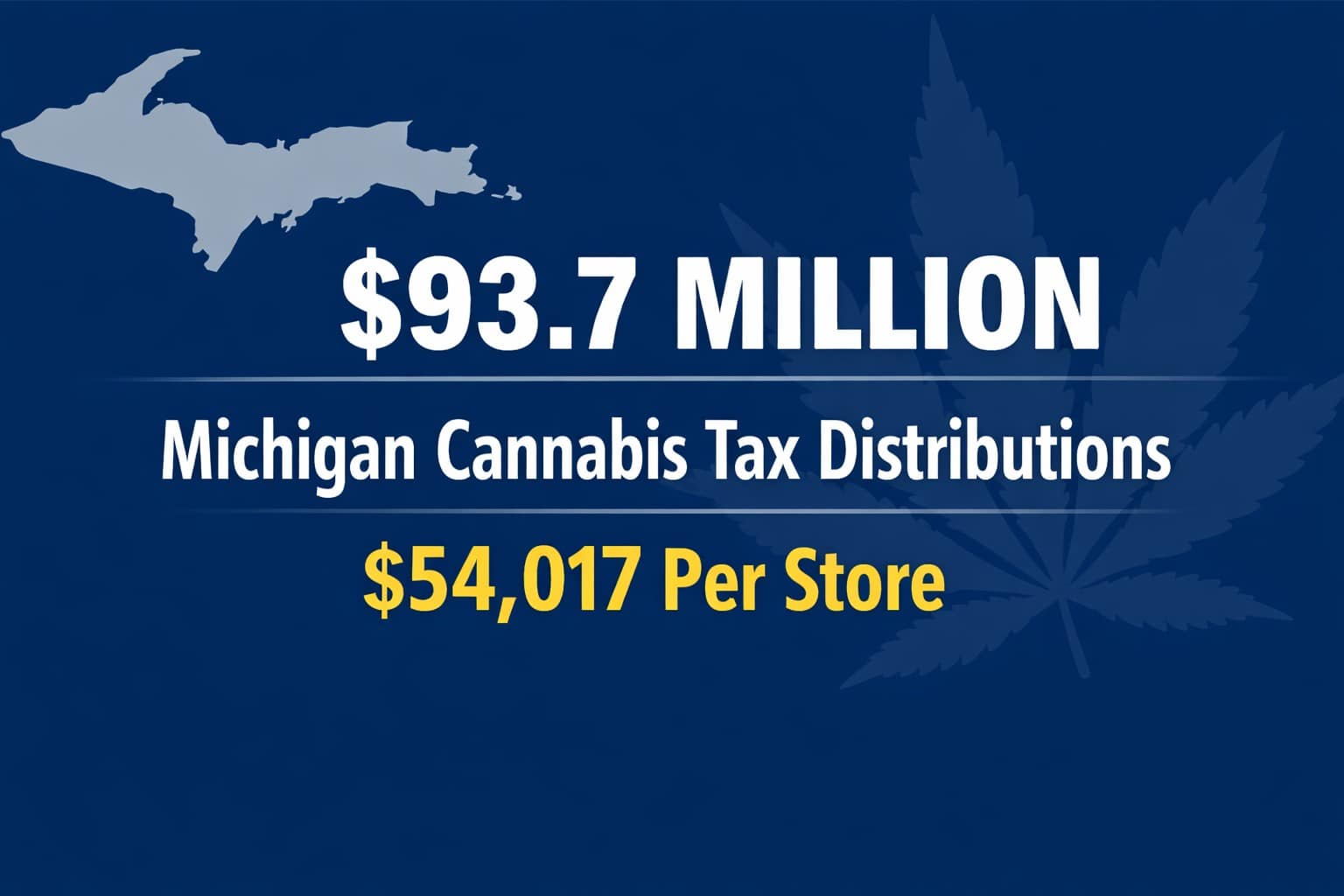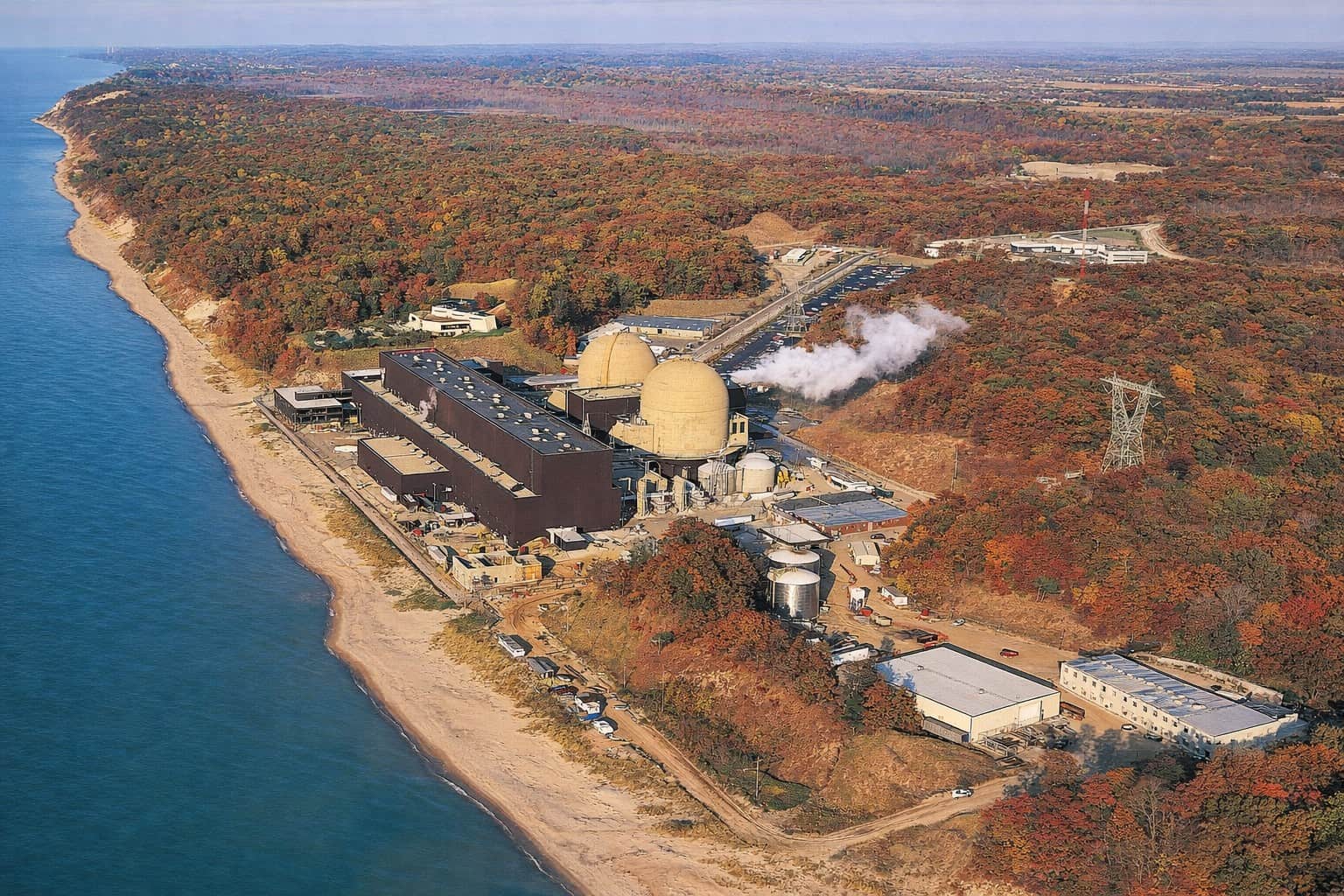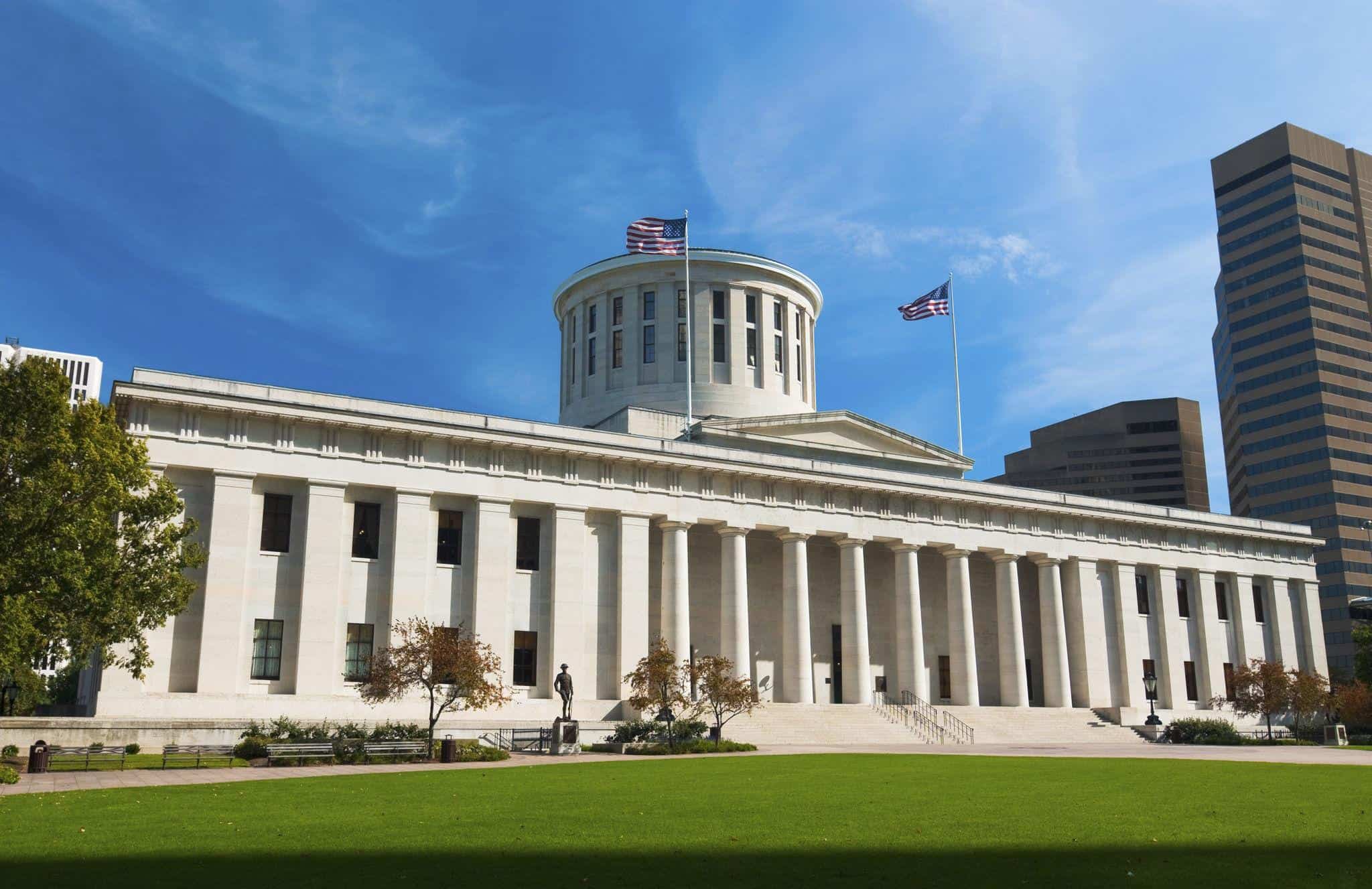As of last week, over 100 Ohio localities had opted to enact local moratoriums that override the state law — more than double the bans reported in March.
- About half are in effect indefinitely, according to an ongoing analysis from Ohio State’s Drug Enforcement and Policy Center.
- Currently, sales are only happening at dispensaries that already sold medical marijuana, but the state is in the process of licensing new recreational dispensaries.
Local cities with temporary moratoriums in place include Delaware, New Albany, Powell and Westerville.
Even if you live somewhere with a moratorium, it’s still legal to possess marijuana and grow up to six plants at home.
A majority of moratoriums cite the need to preserve public health and safety, per OSU’s analysis.
- But many localities are also taking a wait-and-see approach during the initial rollout — especially after state lawmakers spent months debating proposed changes to the rules voters approved.
Many communities enacted similar local bans after Ohio legalized medical marijuana in 2016.
Moratoriums aren’t the only way communities can restrict access to marijuana.
- Grove City recently made headlines for not allowing dispensaries within 500 feet of homes, a stricter regulation than what’s required by state law.
What cities with temporary moratoriums will do as their expiration dates approach.
- Obetz extended a moratorium set to expire on Sept. 30 to Feb. 28, 2025.
- Marysville’s expires on Dec. 31 and Westerville’s does on Jan. 7.







